The best teams in esports are signed to the biggest organizations. They’re the ones that can afford primo talent: Team SoloMid. Cloud9. Fnatic. EnVyUs. All pay for the best players, and the best players want to wear their jerseys on stage.
Yet at the biggest Overwatch tournament yet—the ESL Atlantic Showdown last month—an Overwatch team founded, owned, and operated by its own players outperformed all those big name organizations. Called REUNITED, the team has fielded lucrative offers for multiple, deep-pocketed groups.
“You would be amazed at who we are getting approached by at the moment,” the team’s managing director, Frederik “Huggos” Christensen, told Dot Esports. “The biggest organizations out there, they really want to get their hands on this team.”
But they remain independent, in control of their own destinies, not playing for some corporate overlord, a retired player-turned-entrepreneur, or aloof group of investors.
It’s a new model.
In a world where esports may be the fastest-growing sector of the sports industry, poised to reach billions in revenue, where investors are seeking shrewd ways to enter the market, spending huge piles of cash to build their own brands, it’s tough for a rag-tag group of gamers to claw their way to success. But Reunited is making it work—just as Overwatch’s popularity and esports scene explode.
The perfect storm
Exciting new games in untapped markets with esports viability don’t come around every year, or even every decade—especially ones backed by a company with the track record of Blizzard. Team SoloMid and Counter Logic Gaming, two of the planet’s premiere esports organizations, only exist because astute player-owners took advantage of the opportunity League of Legends presented them. The rise of League of Legends as both a game and esports title built esports empires.
Overwatch presents a unique opportunity to build a new esports franchise, just like League was six years ago.
“That’s what we believe and that’s what we’re selling,” Christensen said. “We’re selling the story as ‘Don’t miss out on this,’ you know?”
In fact, the esports landscape may never be better for a project like REUNITED.
An unprecedented amount of money is pouring into esports. It’s quickly becoming the hottest sector of the sports industry; it appeals to the coveted younger demographic that many stodgy sports institutions are now struggling to influence. The English Premiere League, the biggest sports league on the planet, has claimed that esports and new media are a bigger threat to the league than any traditional sports. Professional sports franchises are recruiting esports players hoping to reach a younger audience. Big-time investors are bankrolling new organizations. Everyone wants a shot at a piece of the pie.
In highly developed ecosystems like League of Legends, though, it’s prohibitive to get a foot in the door. An LCS franchise can cost you more than seven figures, and then there’s the hundreds of thousands of dollars in expenses to cover every season, including player salaries, which are rising even faster than esports viewership numbers. Building a franchise in the world’s biggest esport is tough unless you have mounds of money to burn building a new brand, and it’s a risky proposition in a highly competitive league where one wrong roster move could see your team relegated and your investment tanked. Investing in other big esports, like Dota 2 and Counter-Strike, is similarly expensive.
With Overwatch, the door is wide open, and REUNITED is walking through it.
Five months ago, when Christensen talked to potential sponsors, they had cold feet about moving into Overwatch. It was too early they said. They wanted to wait until 2017. Today those same sponsors are diving in headfirst. The release numbers—over $10 million in sales in the first week—plus the rest of the hype surrounding the Overwatch mythos was “eye-opening” for them, Christensen said. “They have to jump on this train, which is a huge benefit for us.”
“I think there is a lot of potential right now, and people are eager to put money into the business,” Christensen said. “It’s perfect timing if you want to start an entrepreneurial company, a startup, in esports.”
That doesn’t mean it’s been easy, though. When the organization was founded, REUNITED secured a trio of German angel investors thanks in part to Christensen’s connections. The team only took in a small amount of capital, enough to cover about six months of operation.
“We didn’t want to take in too much money because we knew that the valuation of the company was going to be low because of the risk, and because it was hard to find investors who believed in the game as much as we do,” Christensen explained. Those six months are almost up, and Reunited is now seeking another investment round.
Considering how player salaries in Overwatch have inflated since the May 25 release, and the team’s success in the server, he should be able to score a much higher valuation. In six months, salaries for teams of similar skill level have tripled or quadrupled. Many players who did sign during the beta ended up regretting the decision, missing out on potential earnings after the game’s release. And some teams may regret not jumping into the market when costs were lower.
Reunited begins
Since the second Overwatch was announced at BlizzCon in November 2014, hundreds of gamers with competitive and professional backgrounds began preparing for its release.
The players of REUNITED, then competing for Fnatic as their championship-winning Battlefield 4 team, were no different. The lineup, composed of veteran shooter players with championship experience in a variety of titles, believed the game would be a massive hit. They trusted Blizzard to not only deliver a quality polished product, but to also directly support the growth of an esports scene—just like the company has done with other titles.
The team took a few weeks to adjust to the game, entering the closed beta a bit later than rivals. But they quickly emerged as one of Europe’s top squads thanks to their skilled carry players and experience born from competing with and against each other for years and years.
McCree master Hendrik-William “Vallutaja” Kinks, famed for his prowess in multiple previous shooters, was one of Overwatch’s first stars. Backed by fellow carry player Erik “2Easy” Van Hoorn, the versatile Andrei “uNFixed” Leonov, one of the game’s best Reinharts Sergi “Winghaven” Torras, and the team’s captain, support player Thomas “Morte” Kerbusch, REUNITED emerged as a consistent finalist in the game’s weekly online events.
When it came time to negotiate a new contract with Fnatic, the team wanted someone with business acumen and who they trusted to help land a better deal, so they turned to Christensen.
Christensen, 27, won Quakecon, Id Software’s annual festival and tournament and one of the longest running esports events in the world, playing Enemy Territory: Quake Wars alongside the team’s star carry Hendrik-William “Vallutaja” Kinks way back in 2007, and while he kept up with his former teammate over the years, he ended his gaming career to attend school studying business and information technology, making him the ideal agent.
Last year he landed at BITKRAFT, a venture capital firm focused on esports run by ESL founder Jens Hilgers, giving him a window into esports business as well as contact with angel investors.
He was the perfect man for the job. So once Hilger’s firm gave the go-ahead, to avoid any potential conflicts of interest, Christensen got to work.
“We went into contact with some different organizations and so on, and we pretty quickly found out how we believed much more in Overwatch, and saw other possibilities, as being much bigger than they did,” Christensen explained. “We also really believed that with the track record of the team we had, we could go hugely in this game.”
Christensen was sold on the game. The players were sold. But even organizations like Fnatic, who have typically invested early and wisely in developing esports scenes, seemed to have cold feet jumping in significantly before the game’s release. They were skeptical about Overwatch, Christensen said, and worried about the way Blizzard might shape the esports landscape.
So the players and Christensen decided to put their fate in their own hands. They registered a company together, giving each player a stake in the organization. REUNITED was formed. Christensen began searching for investors to fund the team while they built a fanbase. It was a low risk move for the players—if Christensen struck out, the players could always sign with an existing esports franchise. If Christensen succeeded, the rewards could be tremendous.
By the players, for the players
It’s just “cool” having the players as owners, Christensen said, and it makes his job a little bit easier.
REUNITED is modelled after the Counter-Strike organization Astralis, another player-owned team whose players decided to leave Team SoloMid to create their own brand.
REUNITED doesn’t have access to the same revenue streams Counter-Strike afford Astralis, like sticker sales, but the arrangement still provides perks that prove beneficial to both the players and the organization itself. For example, in REUNITED the players see a direct percentage of every sponsorship on top of their base salary, so they’re directly incentivized to do the kind of promotional stuff that gamers often eschew.
“It just it means that they are much more in line with the company and the interests of the company,” he explained. “The interests of the company are making the sponsors happy, for instance, so that’s also what their interests get to be. It just makes a lot of sense for us, so far, at least. We have already seen a few things where it pays off.”
Take equity, for instance. That’s a tool REUNITED can use to compete in the free agent market when it may not have the same spending power as its more established competitors.
It’s difficult to build a team right now without cash, Christensen said, “because the players are just going to leave you when they get better offers.” But equity—which he compares to a “lottery ticket” for the players—can entice them to sign for a bit less. It’s also incentive for the players to stay with the team and build the organization, which in turn provides stability for potential investors who can be less worried their investment will tank thanks to a fickle player.
Plus, equity has a lot of benefits for the players, too. It’s a great way to protect yourself in an uncertain industry.
In January, FaZe paid a reported $700,000 to buyout the G2 eSports Counter-Strike team, over six figures per player. Yet while player contracts are transferred in such a deal, the players themselves rarely see a penny of that money. In REUNITED’s case, if the team fails to find investors, they could sell the team to another esports organization, and the players will score a windfall. It’s also a boon when the team decides to make a roster change, like when REUNITED decided to cut 2Easy in June after a long period where the team struggled.
“We’ve agreed from the start that the team as a whole is more important than the players,” Christensen said. “We have foreseen this might happen. It’s taken care of in a way that makes sense for both parties.”
It’s no surprise Christensen often fields questions from other players interested in starting an org of their own. But those players lack a key advantage of REUNITED: The seventh man who has the knowledge to get a business off the ground.
In fact, a lot of pros, signing with a big organization and all its requisite perks—access to a wide fanbase, competitive resources, and infrastructure—is the right decision. EnVyUs, for example, had the capital to relocate a team with players across North America and Europe to a central training facility, in part because the organization already had a facility and funding available. REUNITED pulled together a bootcamp before Gamescom and may do more in the future, but that will depend on Christensen securing the right backing.
So far, so good
While the team is still hunting for its next round of funding, the future seems bright for REUNITED. They’ve managed to cultivate a solid fanbase through consistently strong results and a more aggressive approach to social media than many other orgs involved in Overwatch, who seem to have less focus on the game as one title in a portfolio. REUNITED posts weekly highlight videos engaging fans and building the star power of their players.
The team’s results are also trending up after a long period where it looked like they might not ever reach the top of Europe. Indeed, they emerged as Europe’s top team heading into the ESL Atlantic Showdown, and then backed it up with a solid second place finish in the biggest tournament in Overwatch’s young history.
That’s due to a combination of hard work and some shrewd roster additions, including Harrison “Kruise” Pond at support and 17-year-old British phenom Finley “Kyb” Adisi, who is quickly becoming one of Overwatch’s first native stars.
“The competitiveness in this game is already higher now than we’re used to,” Christensen said. “We’re used to winning everything in all the games we’ve played. Literally everything. Here the competition is just much higher and we have to get used to that. We’re also going to meet resistance. If you can’t fight resistance and deal with periods of resistance, it’s also going to be hard for us. That’s also something we’re getting at much better.”
Christensen’s other big worry is that, while Overwatch is popular, Overwatch esports may not be, at least in Western markets. While Overwatch esports seems massive in China and Korea, the response in North America and Europe has been more subdued. The ESL Atlantic Showdown, though, topped 77,000 viewers during the finals, showing that once more events move from online to live, with the increase in production values that follow, perhaps there’s nothing to worry about.
So it’s hardly a surprise that Christensen is still fielding calls from organizations who want the REUNITED team to wear their colors. But the team is committed to their road right now.
“We believe in what we’re doing right now,” Christensen said. “We are having great traction, great numbers, and we are in contact with some very interesting people who can hopefully help us out, develop this even further.”


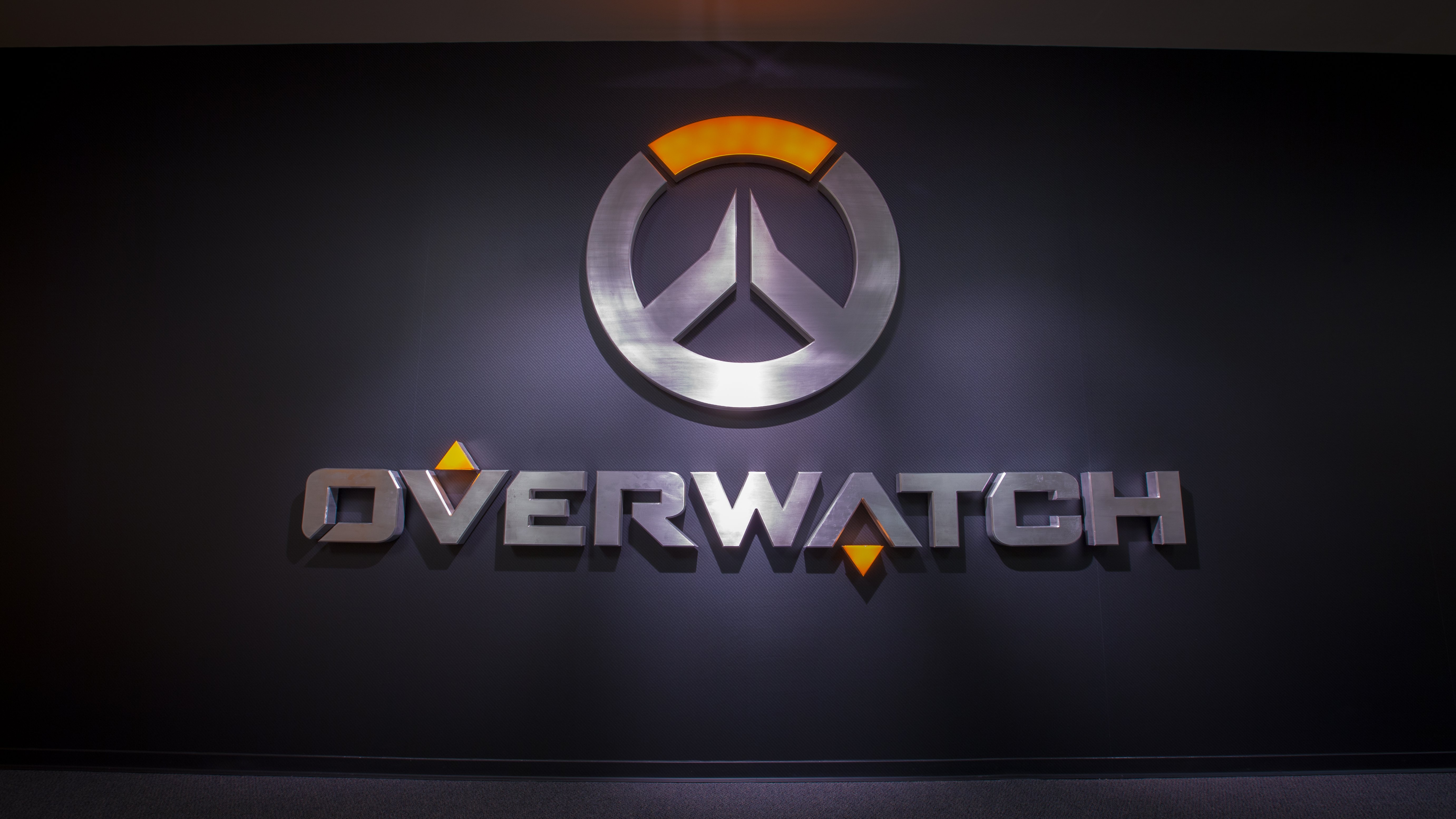
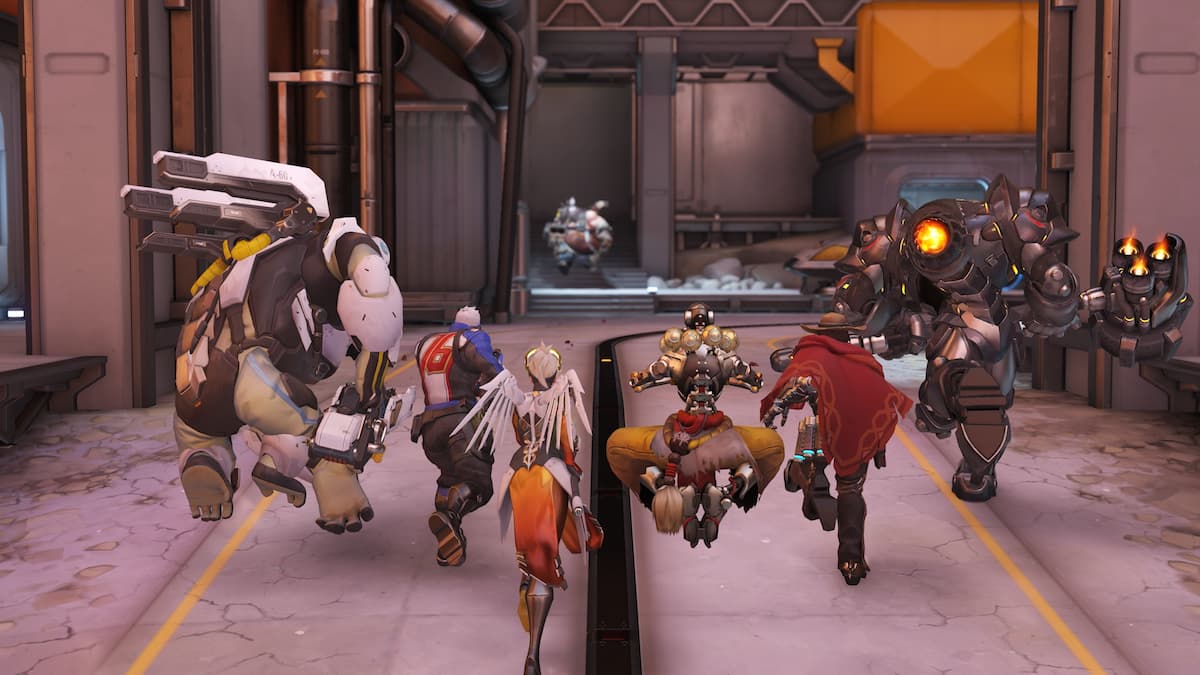

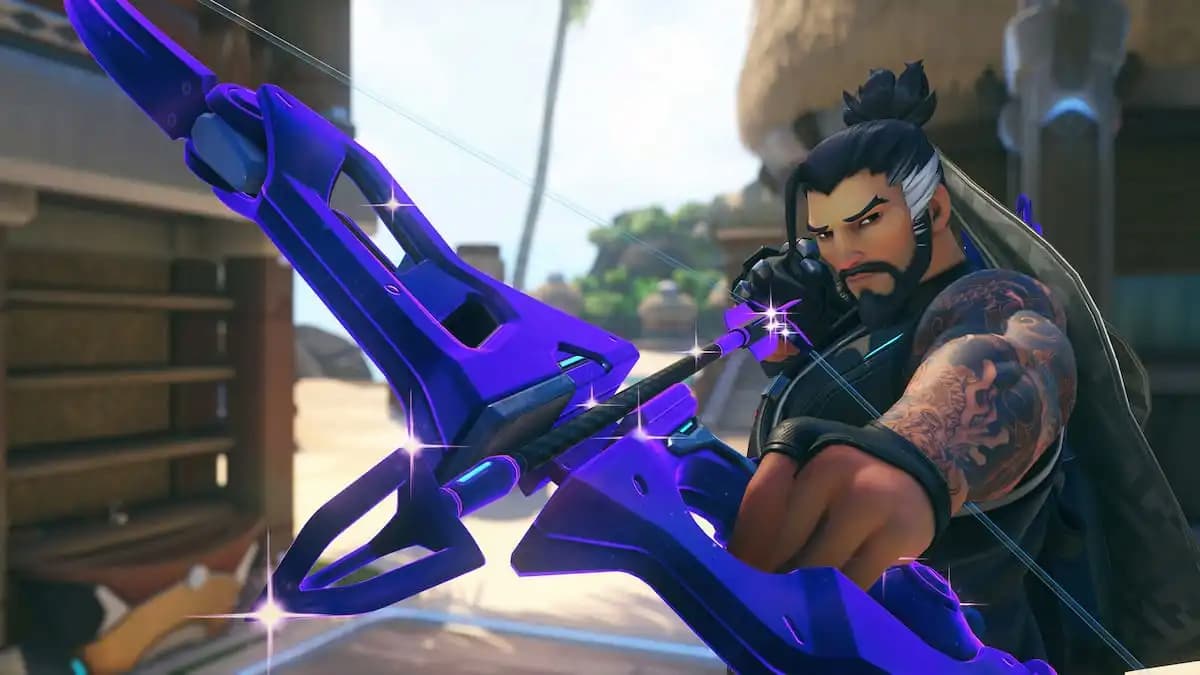
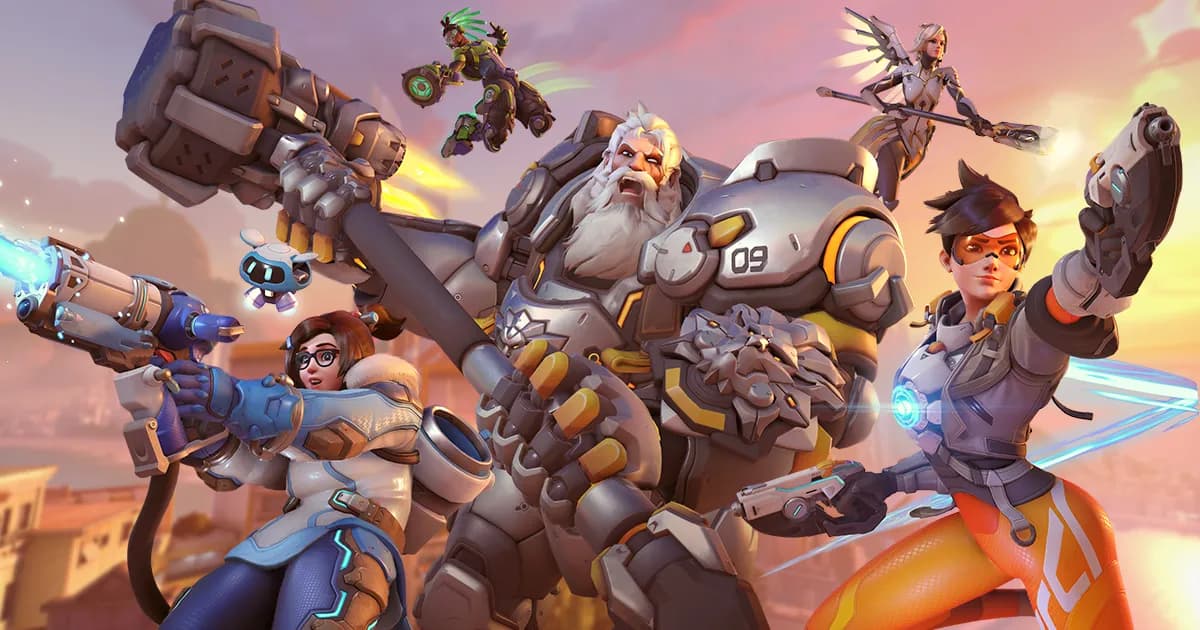
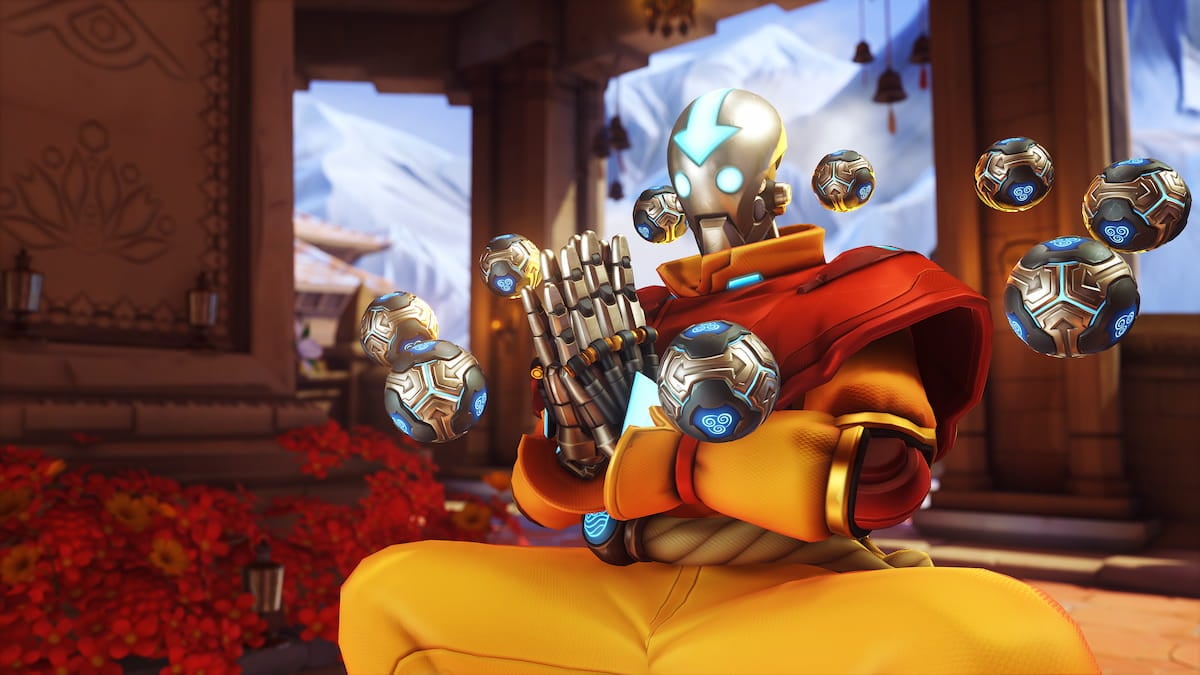
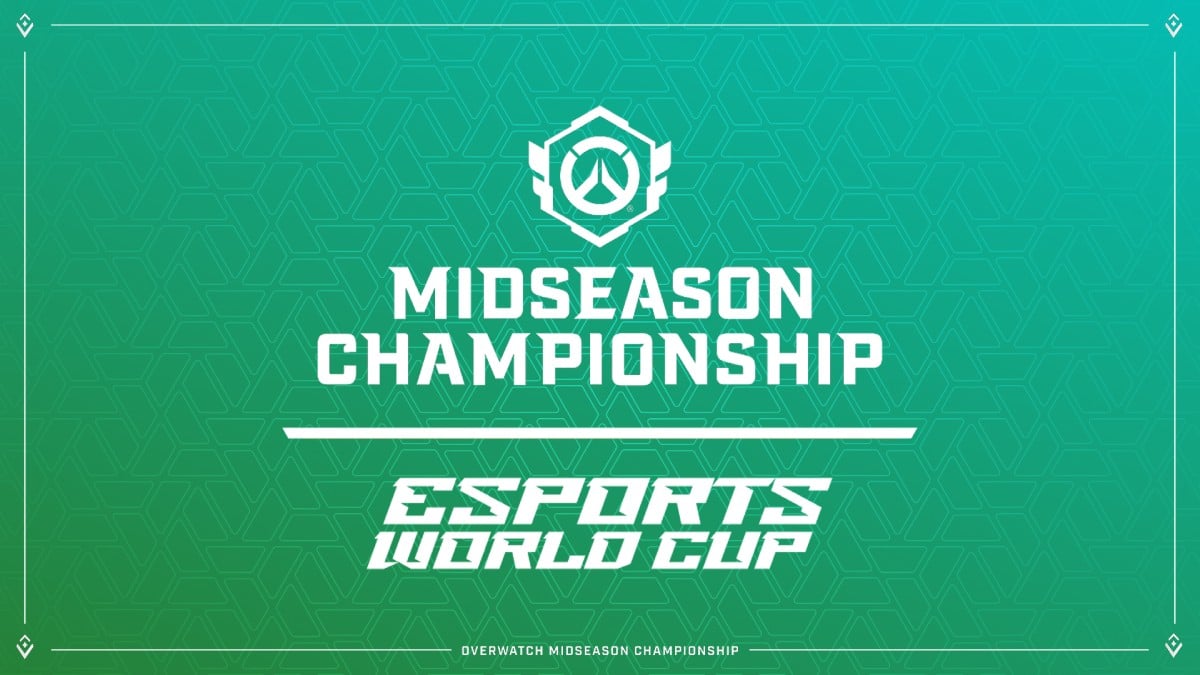
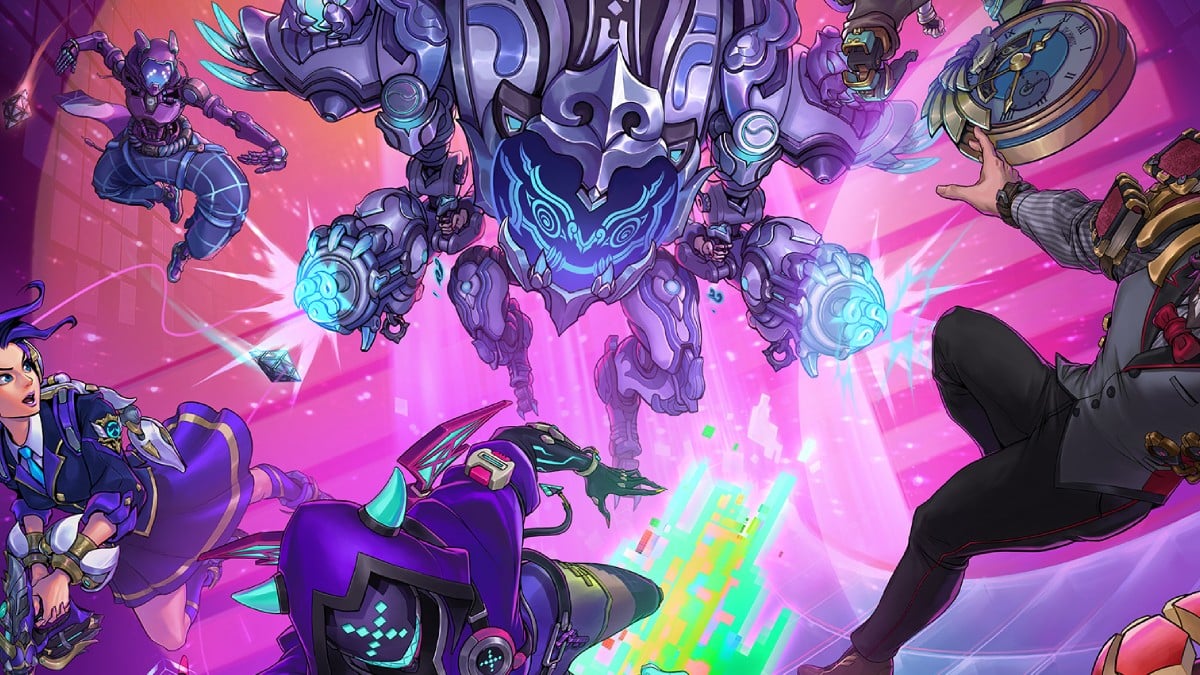
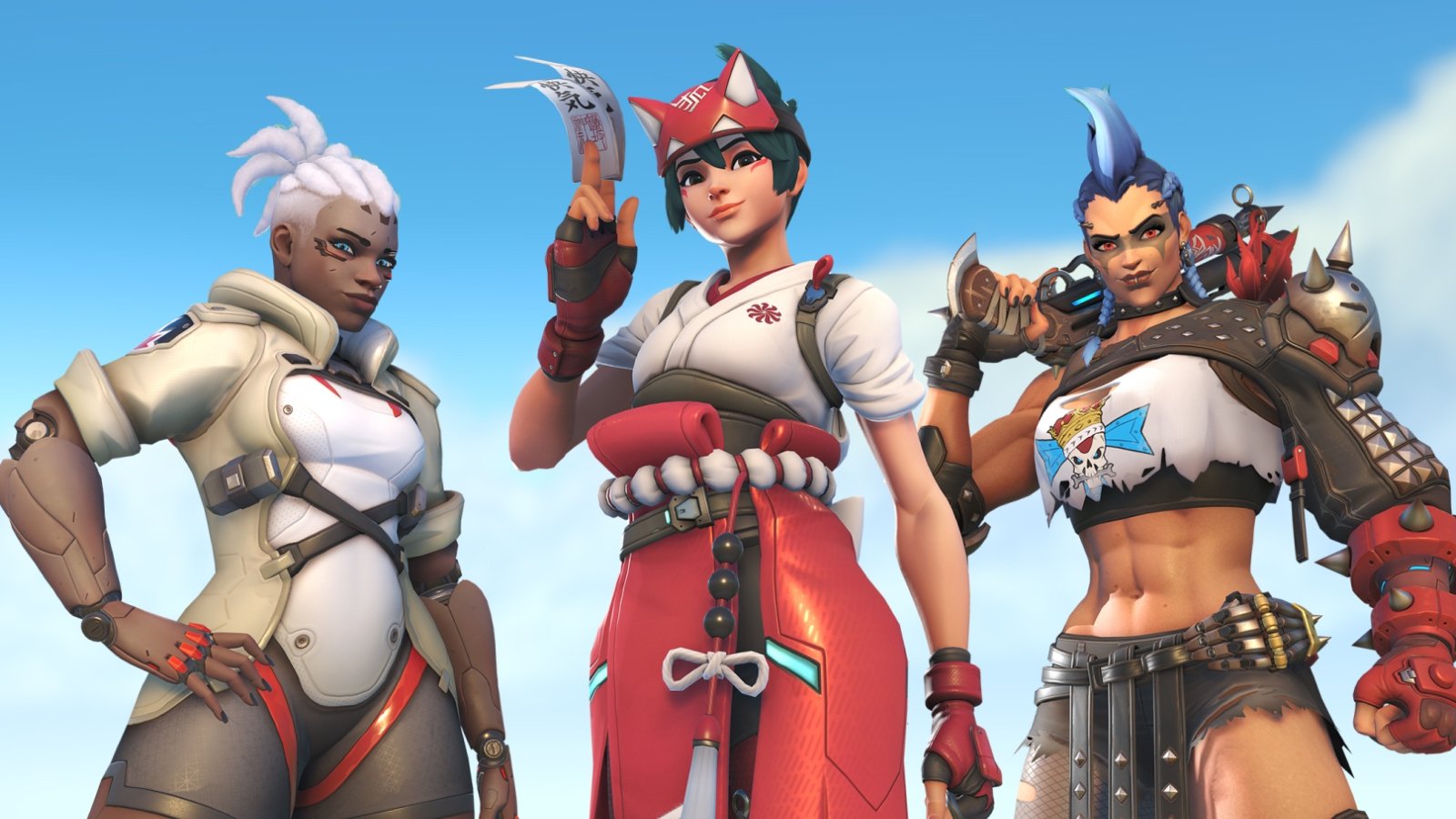
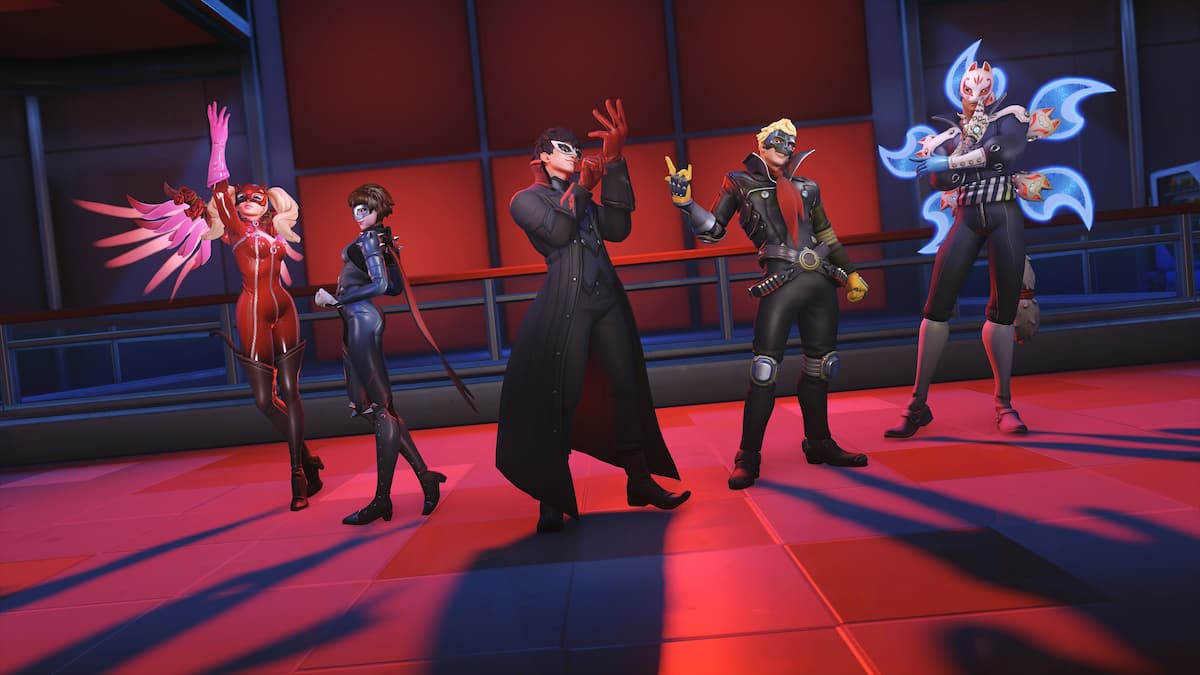
Published: Sep 21, 2016 08:31 am